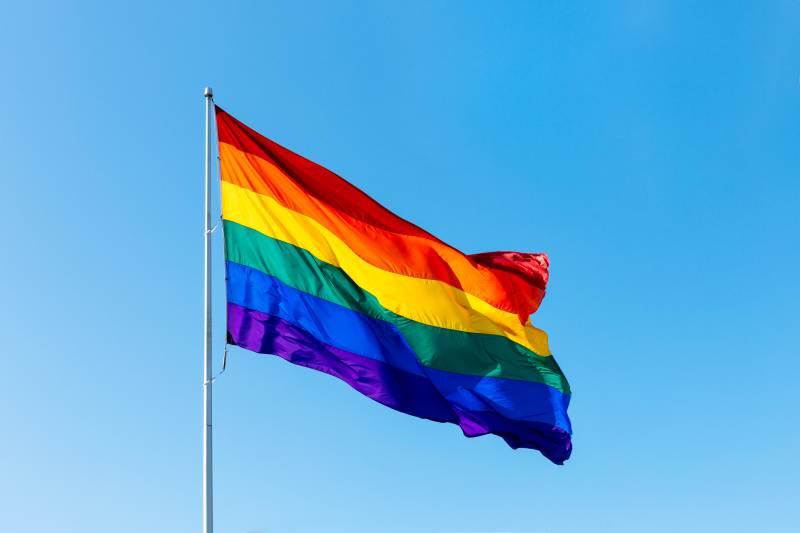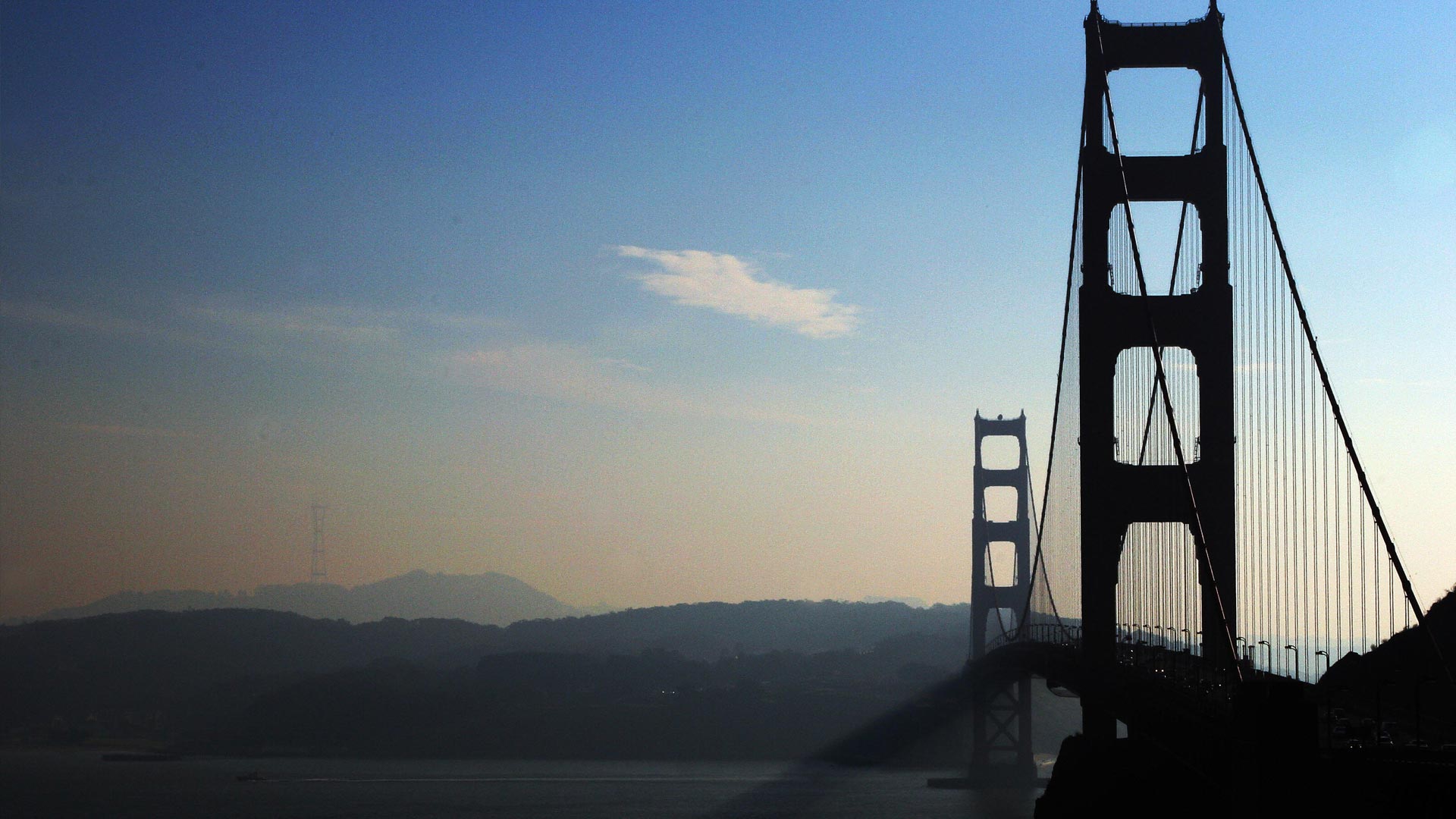This Sunday, thousands of Bay Area residents will hit the streets as part of San Francisco’s annual Pride parade, one of the largest and longest running pride celebrations in the nation. In honor of Pride events happening throughout the Bay Area, KQED is digging into the history of the city’s Pride festivities and focusing on local efforts to celebrate and protect LGBTQ rights in the Bay Area.
Tune in to our Pride radio special on Sunday morning to hear from experts, local leaders and community members about what makes this year’s Pride celebrations especially important.
Jump To:
- Elders speak: ‘It wasn’t a parade, it was a march’
- Why California is considering tossing out its state-funded travel ban
- Queer skaters of Rockridge
- San Francisco’s first-ever drag laureate
- Paul Aguilar: Lifetime Achievement Grand Marshal of San Francisco Pride
- The tension around corporate sponsorship
- The 10th anniversary of the end of Proposition 8 in California
- Drag King story time
Elders speak: ‘It wasn’t a parade, it was a march’
The voices of two elder queer people and their memories of early Pride events, how the event has changed over the years, and how they understand the value of the parade today.
In the summer of 1970, gay activists commemorating the uprising at Stonewall in New York, marched down San Francisco’s Polk Street. There wasn’t really a planned route and no one had a permit.
“I heard about a march. And it’s very important to distinguish it wasn’t a parade, it was a march,” said former state Assemblymember Tom Ammiano, who was in his 30s at the time. He recalls how he had a little sign that said “gay teacher,” and they walked down the street with hardly anybody on the sidewalk.
Gwen Craigg, former president of the Harvey Milk LGBT Democratic Club, was in her twenties and had recently moved from Atlanta. Throughout the 1970s participation in the march grew, and in 1973 an estimated 42,000 people took part. Two years later that number almost doubled, and this year the City of San Francisco is expecting half a million people to participate in today’s Pride festivities.





